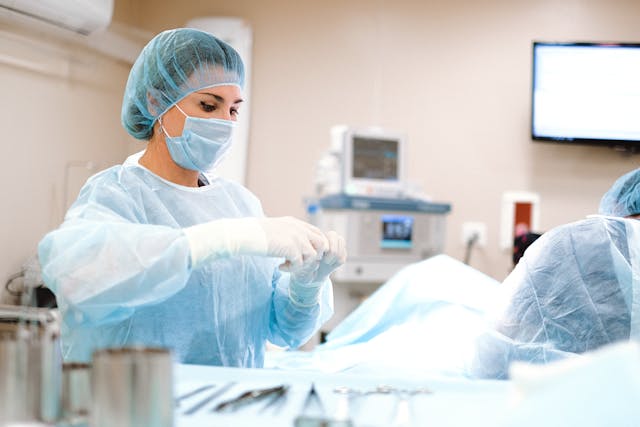Gas Pain During Pregnancy: Causes, Symptoms, and How to Find Relief

Gas pain is a common discomfort experienced during pregnancy, affecting many women. This article will delve into the causes, symptoms, and effective strategies for relief and prevention of gas pain during pregnancy.
Contents
Understanding Gas Pain During Pregnancy
Causes of Gas Pain
Several factors contribute to increased gas and bloating during pregnancy:
- Hormonal Changes: Elevated levels of progesterone relax the muscles in the digestive tract, slowing down digestion and leading to increased gas production.
- Pressure from the Growing Uterus: As the uterus expands, it puts pressure on the intestines, which can slow down the passage of gas and cause discomfort.
- Dietary Changes: Pregnant women often change their diets to include more fiber-rich foods, which, while healthy, can also increase gas production.
- Prenatal Vitamins: Some prenatal vitamins contain iron, which can contribute to constipation and gas.
Symptoms of Gas Pain
Gas pain during pregnancy can manifest as:
- Abdominal bloating and distention
- Sharp, stabbing pains or cramps in the abdomen
- Excessive burping or flatulence
- Discomfort that may be relieved by passing gas
Relief Strategies for Gas Pain
Dietary Modifications
- Eat Smaller, Frequent Meals: Consuming smaller meals more frequently can help reduce the burden on your digestive system and minimize gas production.
- Avoid Gas-Producing Foods: Certain foods are known to cause gas, such as beans, broccoli, cabbage, carbonated drinks, and fried foods. Limiting these can help alleviate symptoms.
- Increase Fluid Intake: Drinking plenty of water helps keep the digestive system moving and can prevent constipation, which exacerbates gas pain.
Lifestyle Changes
- Regular Exercise: Gentle physical activities, such as walking or prenatal yoga, can promote digestion and reduce gas.
- Practice Good Posture: Sitting up straight during and after meals can help prevent the buildup of gas.
- Take Time to Relax: Stress and anxiety can worsen digestive issues. Practice relaxation techniques such as deep breathing, meditation, or prenatal massages.
Over-the-Counter Remedies
- Simethicone: This over-the-counter medication can help break up gas bubbles in the digestive tract, providing quick relief.
- Probiotics: Probiotic supplements or foods containing live cultures, such as yogurt, can promote a healthy digestive system.
When to Consult a Doctor
While gas pain is typically harmless, it’s important to consult a healthcare provider if you experience:
- Severe or persistent pain
- Accompanying symptoms such as nausea, vomiting, or diarrhea
- Blood in the stool
- Sudden weight loss
Preventive Measures for Gas Pain
- Gradual Dietary Changes: Introduce fiber-rich foods slowly into your diet to allow your digestive system to adjust.
- Chew Food Thoroughly: Eating slowly and chewing food thoroughly can reduce the amount of air swallowed, which can contribute to gas.
- Avoid Artificial Sweeteners: Some artificial sweeteners, like sorbitol, can cause gas and bloating. Check labels and avoid these ingredients.
Gas pain during pregnancy is a common but manageable discomfort. By understanding its causes and implementing effective dietary and lifestyle changes, pregnant women can find relief and enjoy a more comfortable pregnancy. Always consult with a healthcare provider before making significant changes to your diet or taking new medications.











